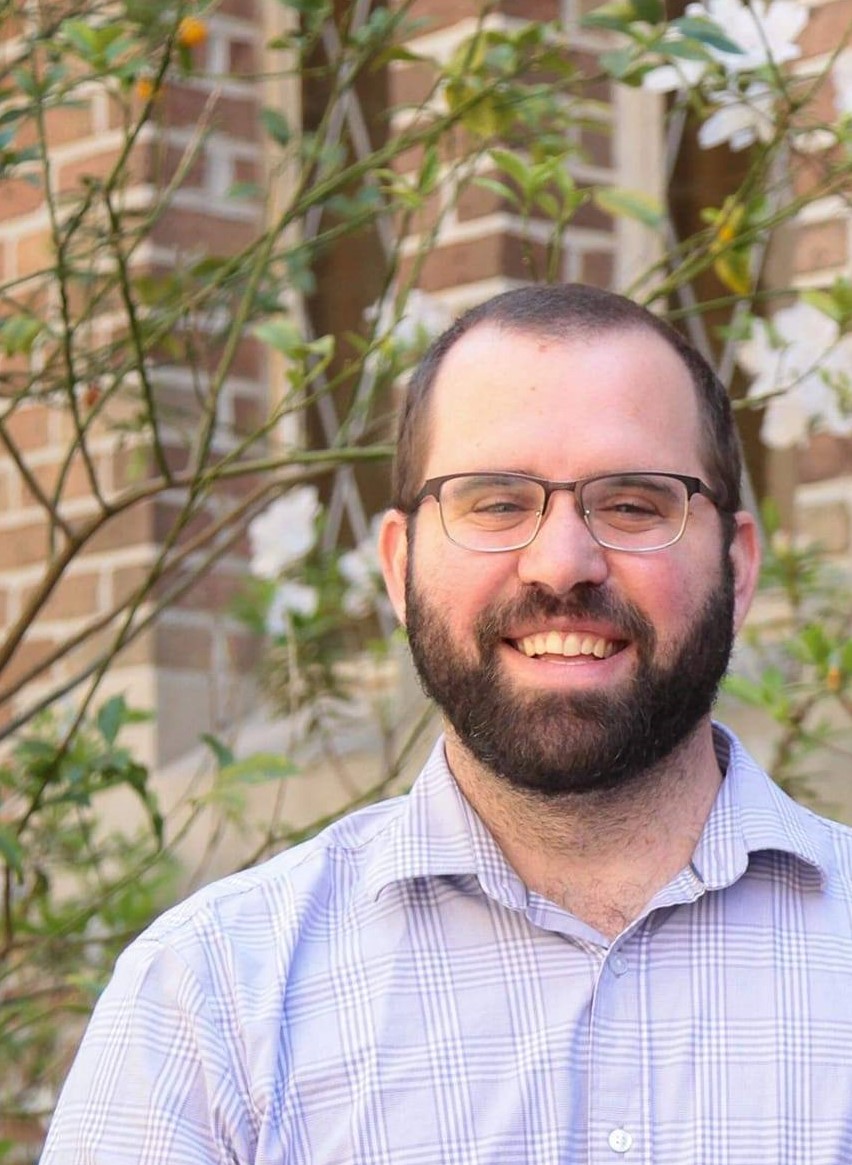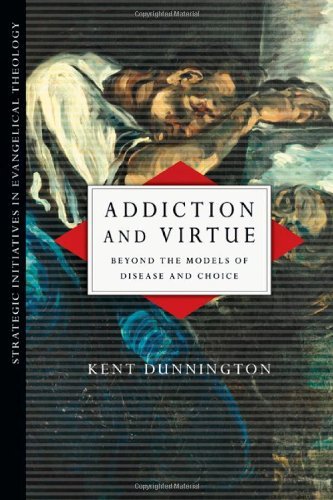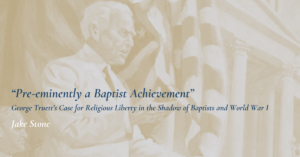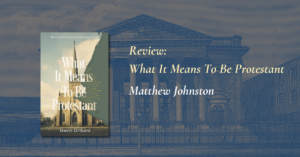Dunnington, Kent. Addiction & Virtue: Beyond the Models of Disease and Choice Downers Grove, IL: IVP Academic, 2011. 199 pages. Paperback. 9780830839018. $35.00.
Summary of Key Themes and Significant Points
The major theme of Addiction and Virtue is Dunnington’s concern that contemporary thinking and models about addiction are stunted and unable to account for the breadth of the human experience when it comes to addiction. According to Dunnington, discourse on addiction is scientifically reductive and there has not been much significant engagement or thought about the experience and reality of addiction by philosophers and, more importantly for Dunnington, by theologians.
In his own words, the purpose of the book is to outline and defend three complementary theses. First, Dunnington seeks to “demonstrate that philosophical analysis of human action is required to clear up many of the conceptual confusions that plague the discourse of addiction studies” (9). What Dunnington is getting after with this first thesis is what is commonly referred to in philosophical circles as “action theory.” Action theory is about why human beings do what they do and how (in terms of the means they employ or avoid) they go about doing actions. Second, the author argues that “the prevalence and power of addiction indicates the extent to which a society fails to provide nonaddictive modes of acquiring certain kinds of good necessary to human welfare” (10). For Dunnington, addiction can serve as a metric by which we might understand just how disordered a society has become. This is especially true when a society has lost a teleological view of human flourishing. This thesis is perhaps one of the most compelling and simultaneously controversial and will be addressed more deeply below when discussing the relevance of this book to counseling and pastoral care. Finally, Dunnington also attempts to show that “the theological category of sin can deepen and extend our understanding of addiction” (10).
Before moving into a deeper discussion regarding the significance of the work and areas of critique, it is worth mentioning the subject of sources. Throughout the book Dunnington incorporates a wide variety of sources from philosophy—both classic and contemporary, theology, fiction, scientific literature, and perhaps one of the most existentially compelling of the sources—memoirs and autobiographies from people who have lived lives racked and ransacked by addiction. The weaving together of these categories throughout the book makes Dunnington’s argument more emotionally compelling at the least and more intellectually convincing at the best. All of this happens in the span of less than 200 pages which can be dizzying at times as Dunnington does not spend as much time digging too deeply into some of the sources.
Points of Agreement and Critique
Overall, I find myself in agreement with the author on all major parts of his argument but do have concerns that some would not find his theses helpful because he spends much of his time pushing back against two of the more respected camps within addiction treatment: the disease-medical approach and the AA or 12-Step approach. In terms of the disease-medical model of addiction, Dunnington does some fairly heavy philosophical lifting on the front end of the book in order to push back against various deterministic accounts of addiction including genetic determinism and social determinism. On page 20, for example, he lays out the argument in terms of premises as one would if they were dissecting an argument in a course on logic or reading some very thrilling analytic theology or philosophy. This is something that I find to be helpful to show where, in some ways, we have perhaps grown too comfortable with unsound or invalid arguments regarding human experiences.
For the most part, Dunnington has positive things to say regarding the work of AA and the impact that it has had on innumerable lives. But in terms of some of the language used and concepts employed in discourse about addiction and recovery, Dunnington is more sharp and critical. One of the most significant areas where Dunnington is quite critical is in discussing the use of identity language in AA. He says “every time that a person wishes to speak in a meeting of [AA] of some similar twelve-step recovery program, he or she must begin with the introduction, [‘I am an addict’]” (180). Dunnington says “the church must be circumspect about straightforwardly adopting the paradigm of the [movement]. For although these requirements are salutatory and have been helpful to many addicted persons seeking recovery, from the perspective of the church’s worship they do not go far enough, and they risk reinstituting the fundamental orientation that underlies addiction” (180). For Dunnington, this identification of the self with addiction is not one Christian should whole heartily endorse because it can inevitably take up the space that Christ is meant to inhabit in our identity. Perhaps it is just the existentialist in me, but I think Dunnington is right here as well. The words we use, however subtle or overt, can have a deeply formative power. Imagine the difference someone could experience if each morning they said to themselves and others “I am Christ’s” rather than “I am an alcoholic.”
Significance to Counseling and Pastoral Care
This book should be required reading for any Christian clinician or minister seeking to be equipped to do work with addiction for several reasons. First, it truly is a good engagement with the topics of sin, anthropology, human desire, and cultural critique from a Christian perspective. All of these factors would stand to improve any program or training that is equipping people to work with addictions in the 21st century.
Second, this book helps readers begin to understand human addiction as it is mediated and lived out in social contexts. Overall, this is one of Dunnington’s main theses: that addiction is best understood as habituated action and not simply disease or choice. Without rehashing the philosophy involved here, Dunnington is simply arguing that addiction is not so much about a disordered sensory appetite but about a culturally distorted intellectual appetite that has led people to seek moral goods in a bad way (such as wanting to be able to communicate with people without anxiety or pressure and drinking alcohol to enable oneself to do so).
This is where Dunnington is perhaps the most helpful and the most controversial. He argues that “the collision of an ethos of self-realization with an account of human action that divorces freedom from teleology is the wreck called modern addiction” (111). Furthermore, he says that “the pursuit of constant titillation…is the enthronement of the immediate over the teleological” (112). This mic-drop-moment comes after a thorough cultural critique wherein he says:
If I am right that the lure of addiction increases to the extent that we lack other intelligible means of ordering our lives, then we should expect addictions to gather around cultures or subcultures in which there is the greatest discrepancy between traditional ways of conceiving and ordering life and the contemporary possibilities open to those cultures or subcultures. (105)
When people struggle or are unable to achieve human goods by properly ordered means, they may turn to addiction to achieve these goods. Dunnington, however, notes that turning to addiction in seeking human goods is ultimately a trap:
Addictions are addicting just to the extent that they tempt us with the promise of such a perfect happiness, and they are enslaving just to the extent that they mimic and give imitations of this perfection. The depth and power of addiction become more intelligible as we come to see addiction as a counterfeit of the virtue of charity. As such, addiction is appropriately described as a failure of worship, a potent expression of idolatry in which we pursue in the immanent plane that which can only be achieved in relationship with the transcendent God. The cunning and allure of addiction is in fact brought out just to the extent that we see how stunningly addiction enables addicted persons to achieve simulacra of the goods that right worship makes possible. Such a display demonstrated that addiction can most fittingly be characterized as an enactment of the striving of human persons to attain on their own the flourishing, integrity of self and ecstatic delight that is only to be received through right relationship with God. (159-160)
Dunnington concludes his short book with a plea for churches to help individuals reorder their desires and create habits of the heart that are oriented towards God–in whom they find their true identity.
Overall Review and Recommendation(s)
Overall, this is a great book that highlights some significant gaps in contemporary understandings of human nature and how addiction can be a plague on humanity when we have lost our ability to conceive of our purpose teleologically. The book is also helpful in understanding how culture plays a part in the development and perpetuation of addiction but, unlike other books that address cultural and sociological concerns, Dunnington pushes back on many aspects of modern society that make addiction seem like an appealing alternative to achieving human goods. Though he does not explicitly make this point, there are many ways in which Christian counselors in particular serve their clients in apologetic ways when they can push back against shallow views of humanity and society and point people to the depths with which God created them.
Author
-

Alex R. Wendel is a Licensed Professional Counselor and the associate director of the Leeke Magee Christian Counseling Center at the New Orleans Baptist Theological Seminary (NOBTS) where he is also pursuing a PhD in Counselor Education and Supervision. In addition to his M.A. in Counseling from NOBTS, Alex also completed a M.A. in Christian Apologetics. He writes at the intersection of Christian theology and counseling theory; sometimes he tweets about it.
View all postsRecent Posts



